There's little solid historical information about one of Bay St. Louis's most significant buildings, but its new owner hopes to learn more with the help of long-time locals.
- story by Lisa Monti, photographs by Ellis Anderson
Dangermond plans to share with the public any photos and memorabilia she can track down. “I want to position the hall as an interpretive center,” she said. “My goal is to show how and why it came into existence and its significance to the area." According to the new 100 Men Hall website: In 1894, 12 civic-minded African American residents of Bay Saint Louis drew up the bylaws for an organization called the Hundred Members Debating Benevolent Association. The group’s primary purpose was to "assist its members when sick, bury its dead in a respectable manner and knit friendship." From an organizing group sprang an open-air pavilion and then, in 1922, a cornerstone was laid and the existing Hall built. The Hall was dedicated on July 16, 1923. The Mississippi Blues Trail marker at the entrance recognizes the 100 Men D.B.A. Hall for its significance as a music venue. B.B. King and Etta James were among the musicians and signers who took to the stage at the hall. Money raised by the performances was used by the organization to help members of the community get medical treatment and other services.
Saved from demolition by previous owners and guardians Kerry and Jesse Loya, the refurbished hall hosted concerts, weddings, Sunday afternoon Cajun dances and pop-up dinners over the last several years.
In the short time she’s owned the property, Dangermond has held a writer’s workshop and a Baria for Congress fundraising performance by Cedric Burnside. More events are in the works while Dangermond seeks pieces of the hall’s history. “I’ve reached out to some folks to see if they have any old family photos. They might have one of their mom or an aunt standing in front of the hall. Up until Camille, if you were African American, you went to that hall. That’s where events were held. So there must be photos out there.”
There’s a sense of urgency to locate any photos and other keepsakes and record memories as the years go by, she said.
“Any memorabilia, even if it’s story, I’m very interested,” she said. To contact Dangermond, email [email protected]or call (415) 336-9543. Comments are closed.
|
Categories
All
Archives
July 2024
|
Shoofly Magazine Partners
Our Shoofly Partners are local businesses and organizations who share our mission to enrich community life in Bay St. Louis, Waveland, Diamondhead and Pass Christian. These are limited in number to maximize visibility. Email us now to become a Shoofly Partner!

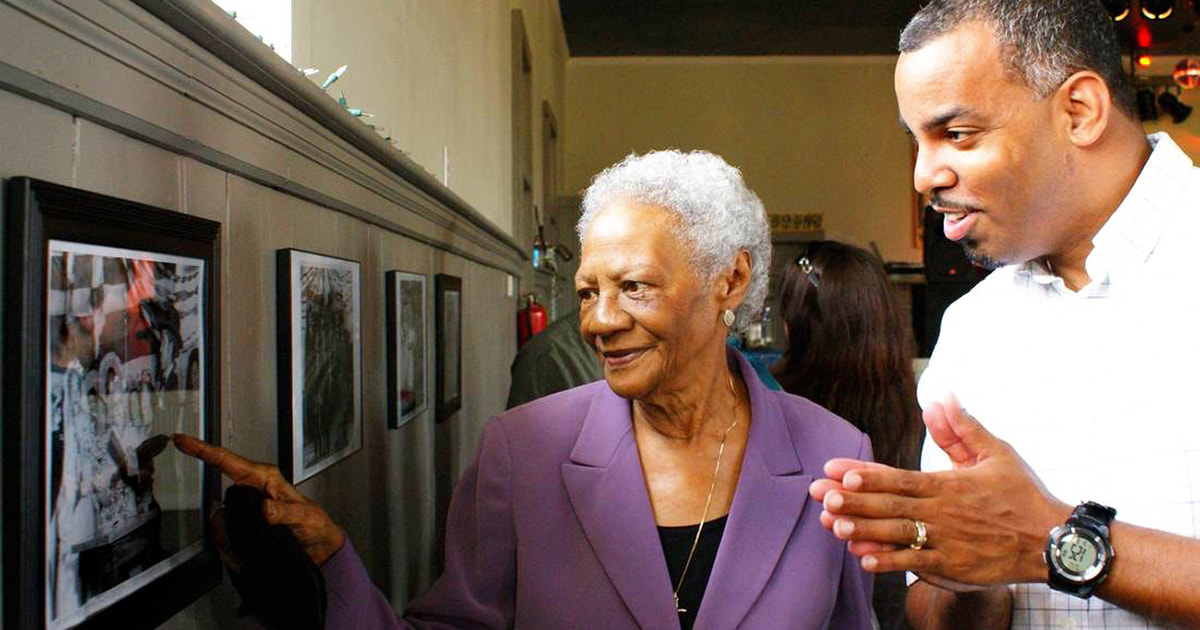

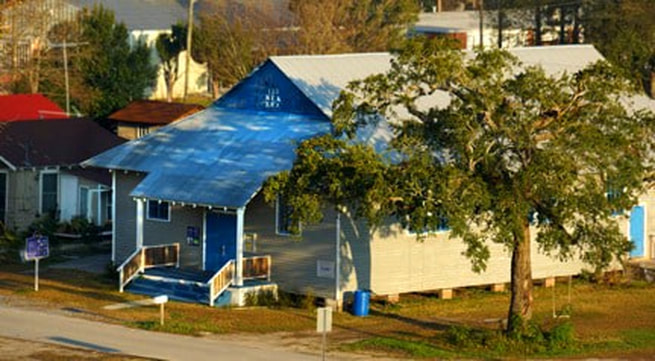
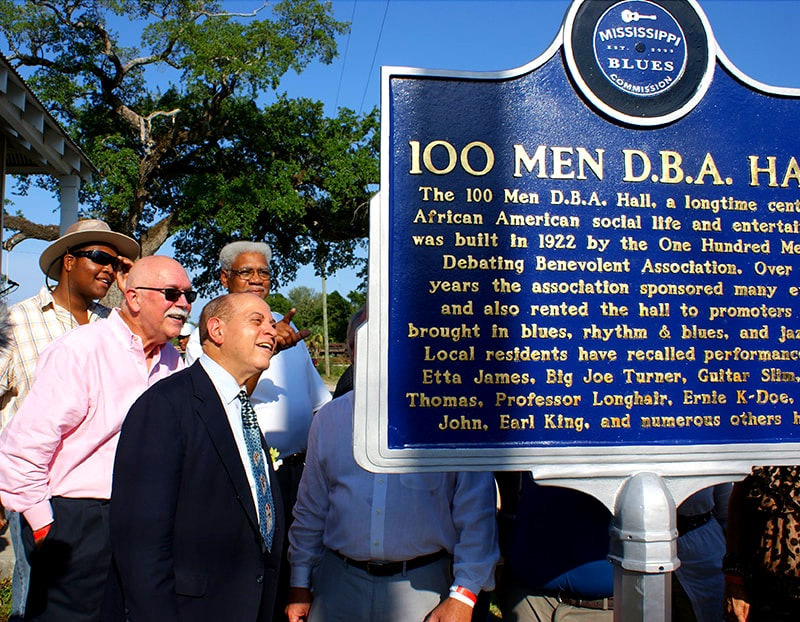
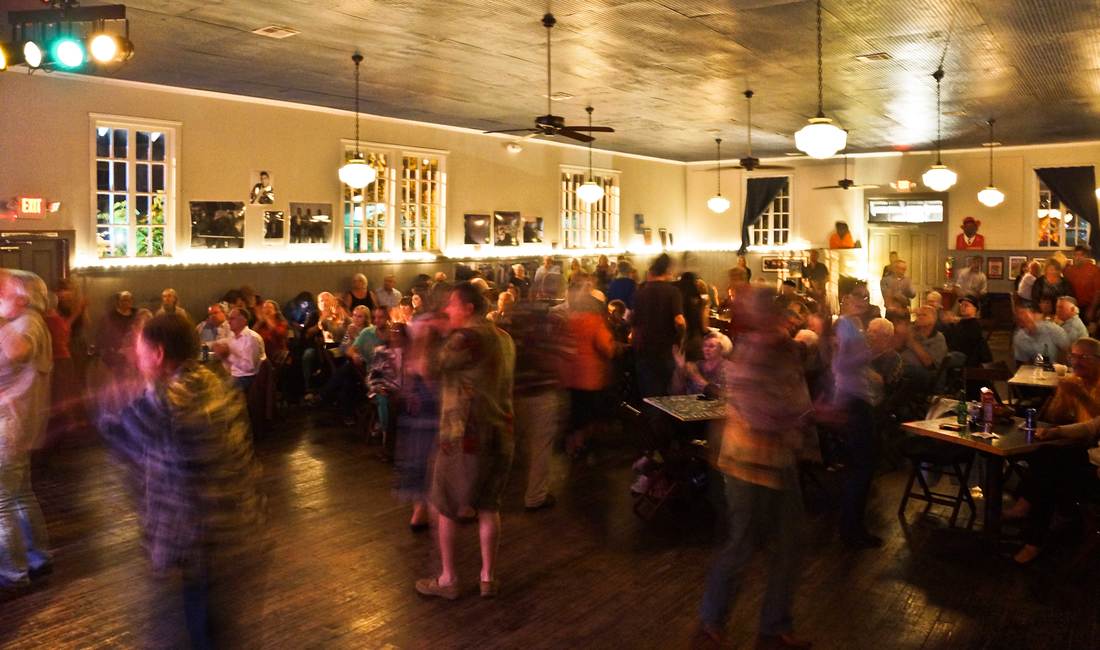
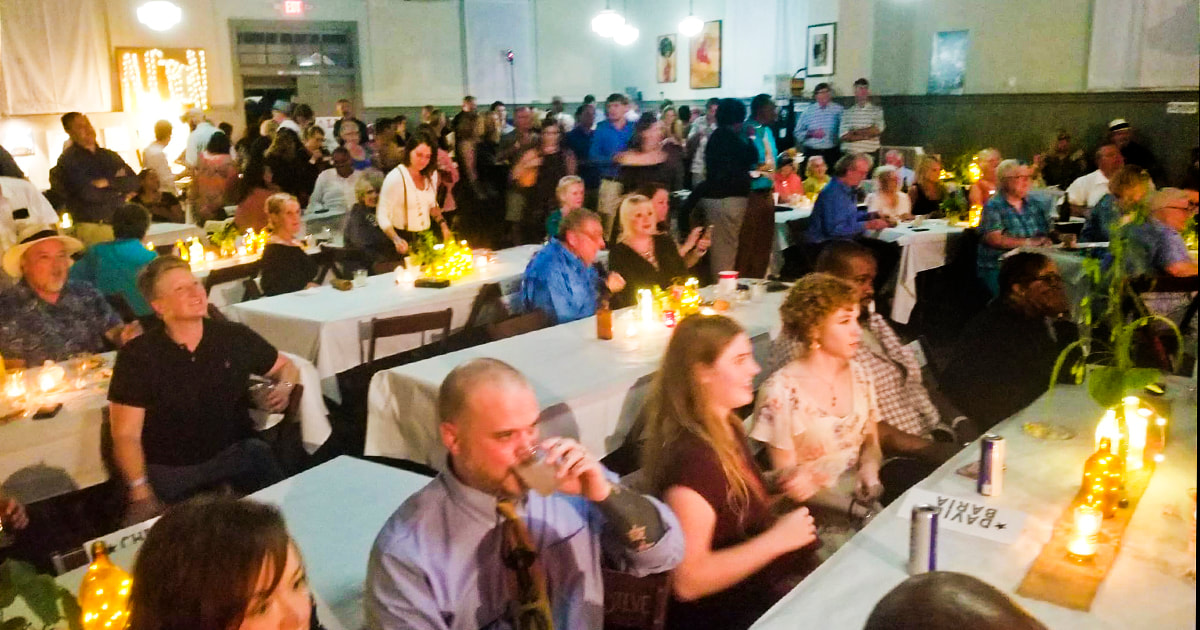
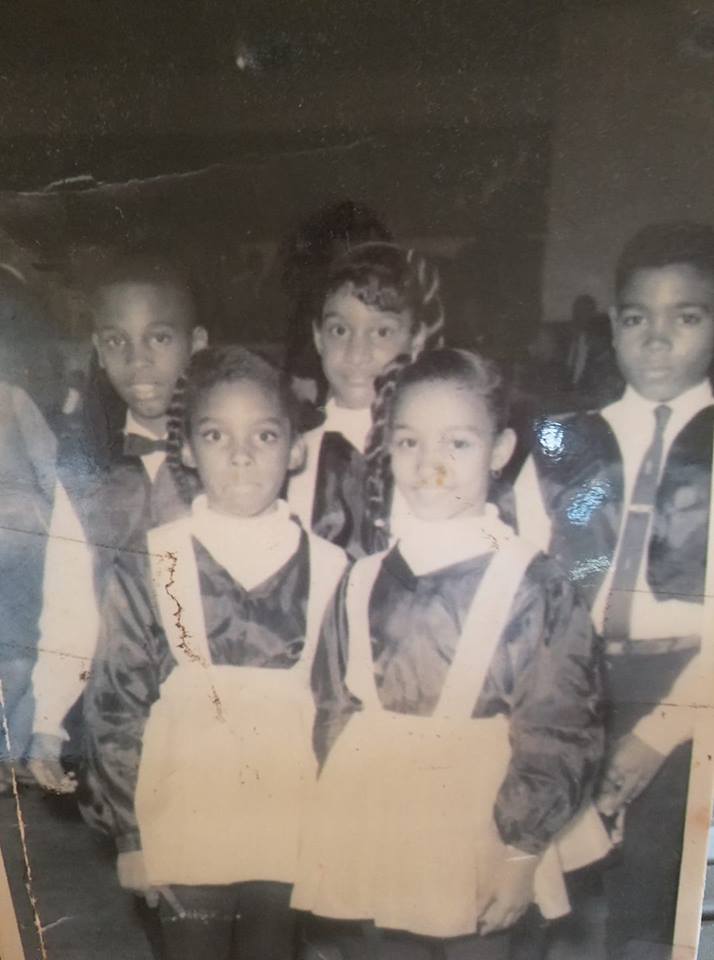

























 RSS Feed
RSS Feed























